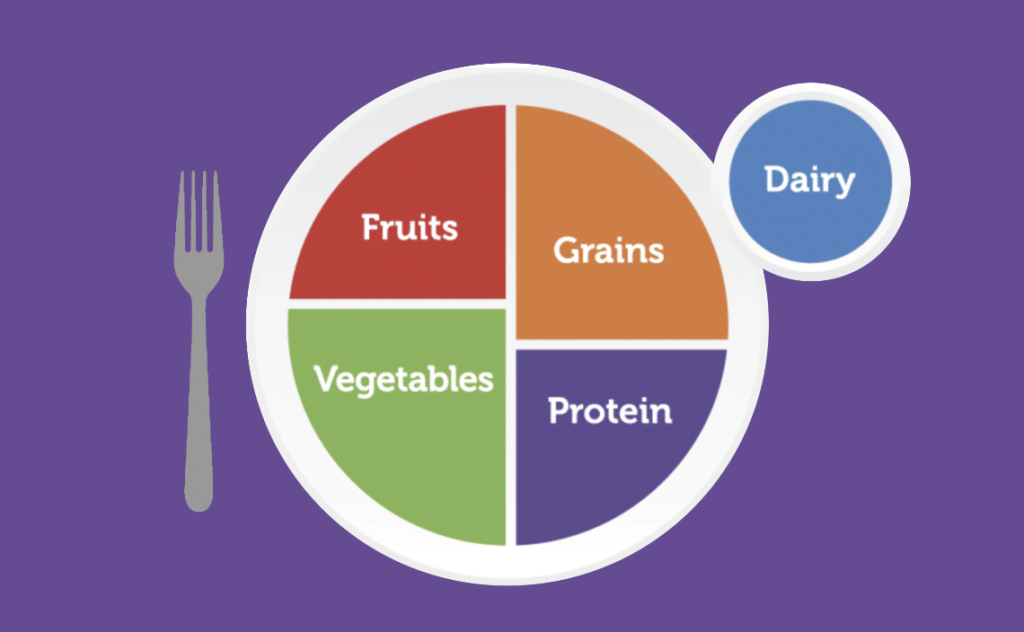
Fad and Crash Dieting
Terminology used to describe a simple diet that are often short-term, weight loss intensive and potentially dangerous when extended. Used for the rapid loss of weight and differ only slightly from starvation.
They can be brought about by social trends and celebrity stories of weight loss success, they are generally looked upon with disregard by nutritionists and doctors. With the term specifically implying a lack of concern to nutrition or controlled diet.
Despite this, they are still widely used in the belief of being beneficial, the truth being that these simple diets are detrimental, unsuccessful and unhealthy to the body. The yo-yo effect of extreme short-term crashes in calories or nutrients will affect the bodies BMR causing it to become slower and conserve fat cells longer, making it harder to lose weight.
Those that use crash diets to lose weight can often end up in a vicious psychological cycle in which they actually put more weight on over the long-term. Feeling overweight, a quick-fix will be used to gain maximum weight loss in minimal time, the reality being that when normal eating habits are then resumed the body's metabolism is now in a process of storing fat, and will hold on to further calories. With the increased weight gain negating all they lost, the feeling for a quick fix returns. The attempt to crash again, results in further damage to the body's BMR, something that can be avoided easily, eventually it will stack and lead to obesity.
Crash diets provide no beneficial lasting effects, unlike portion control and exercise, this is the stark and very obvious truth. They will cause more damage than necessary to obtain very little in terms of weight loss.
- Beverly Hills Diet
- Blood Type Diet
- Cabbage Soup Diet
- Grapefruit Diet
- Israeli Army Diet
- Junk Food Diet
- Master Cleanse Diet
- Subway Diet
- Zone Diet
Some in the list you will recognise, others will be new to you as their use is very much dependent on social popularity and trend.
These diets are often discredited because, as stated they actually increase the likelihood of gaining weight.
Caused by numerous reasons, the initial rapid calorie loss in the beginning is detected by the Hypothalmus, a part of the brain responsible for metabolism, which then lowers your metabolic rate to compensate, meaning more calories are stored as fat and less are used as energy.
When the body hits ketosis, it then begins to burn muscle, which will also slow down metabolism. As the rate in which weight is lost starts to slow down, it becomes less likely to that someone will continue as at this point they are still effectively starving themselves. At this point motivation is quick to fall and soon regular eating habits are re-established, however because the metabolism is so low, they will now begin to store more fat cells and actually gain weight.
The controlled diet avoids this issue, by relaxing the body into its new calorie consumption, so instead of storing fat cells when you over eat (because your body isn't starving), the metabolism will be able to cope with the excess food.


